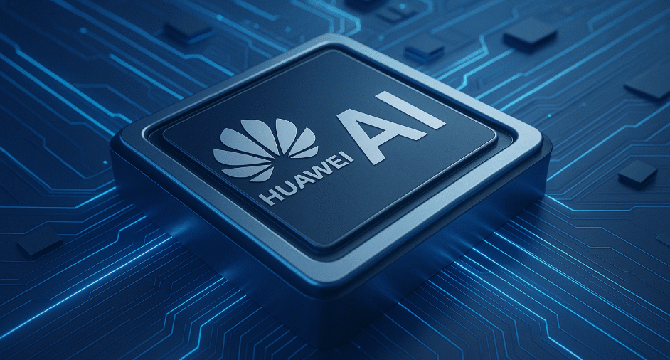Unite
4w
399

Image Credit: Unite
US Sanctions Backfire: Huawei’s AI Chips Accelerate China’s Self-Reliance
- Huawei is set to mass-ship advanced AI chips, Ascend 910C and Ascend 920, aiming to fill the void caused by U.S. export restrictions on top-tier AI accelerators.
- The move signifies China’s resolve for semiconductor self-reliance and hints at a reordering of the global AI supply chain amid U.S.-China tech tensions.
- Ascend 910C packages two earlier chips to match Nvidia's H100 performance, offering around 60% efficiency and supporting mainstream AI frameworks.
- Huawei's chip ambitions counter Nvidia bans and tight export rules, ensuring AI continuity for Chinese tech industry on homegrown hardware.
- U.S. sanctions have accelerated China's tech self-reliance drive, with Huawei navigating around restrictions through resourcefulness.
- Huawei's emergence in AI chips poses challenges to Nvidia, potentially affecting Nvidia's market share in China amid geopolitical dynamics.
- The situation may lead to a divided global AI ecosystem, with the U.S.-China tech rivalry driving parallel tracks in AI development and innovation.
- The bifurcation could foster rapid advancements in AI capabilities but may also limit interoperability between East and West, impacting collaboration and knowledge exchange.
- For the global supply chain, adaptation to the split in AI ecosystems may involve significant investments and strategic alignment decisions by manufacturers and service providers.
- Huawei's new AI chips symbolize a shifting balance of power in AI computing, hinting at a more competitive tech world shaped by evolving geopolitical dynamics.
Read Full Article
24 Likes
For uninterrupted reading, download the app